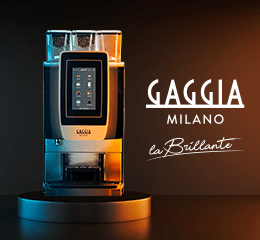The U.S. buyers from Boston, Salt Lake, San Antonio, and New York, chat excitedly about “washed and natural coffees”, ideal grinders and how important “the origin story” is to their U.S. customers as their vehicle ascends and descends the endless Rwandan hills.
They are on a buyer’s mission supported by the USAID Hub and the African Fine Coffee Association (AFCA). The mission is connecting them directly with Rwandan coffee farmers and the lush green hills on which that coffee is cultivated.
For U.S. specialty coffee consumers, the story of origin is nearly as important as the high-quality coffee beans the buyers import, and they are willing to pay more for it.
The end result is more money for Rwandan coffee farmers and economic growth, in the both the U.S. and Rwanda, from an expanding specialty coffee sector.
USAID supported the very first large-scale washing stations that helped the Rwandan coffee industry move toward the fully-washed specialty coffee export market.
That was in the early 2000s. Today, in 2018, the Rwandan specialty coffee industry has blossomed. Fifty-two percent of its exports are now fully-washed specialty coffee. Specialty coffee beans receive the highest marks for taste and are devoid of primary defects.
As a small, well-organized country, Rwanda is competing with world-wide coffee producers on quality and international certifications and coffee protocols that are important to specialty coffee consumers. USAID continues to help.
Projects like the USAID Hub support quality grading programs, buyer/seller trade linkages, and events that raise the profile of Rwandan coffee and help buyers navigate the importation process.
The USAID support is a win-win for coffee producers and American buyers and consumers.
“This trip allows me to make direct connections with farmers. The goal is to create long-term relationships for coffee buying,” said professional cupper and coffee buyer Ethan Hill.
“It’s about supply-chain partnerships.”














